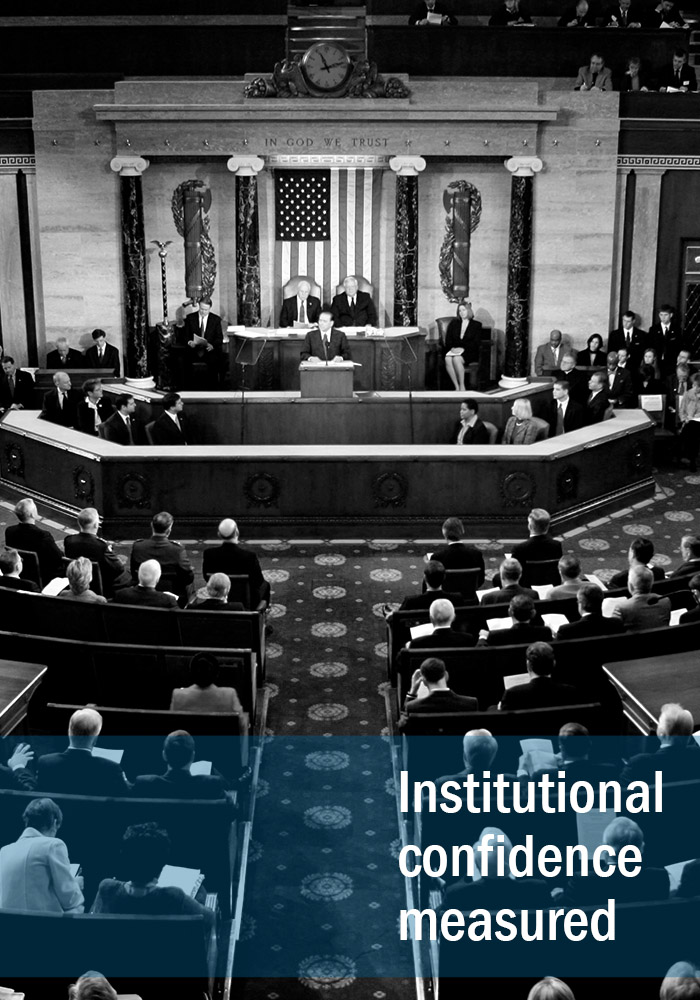The Future of Modern Democracies Lies in their institutions.
The impact of institutions on public policy, governments and societies is a fundamental element in our research on the American continent. The rapidly changing contexts have produced major uncertainties in regard the effectiveness of institutional performance considering numerous legitimacy crisis in regard both electoral systems and types of regimes across the region. In this sense, Institutional engineering has been creating for evaluating a country by measuring the risks for democratic stability and providing the necessary structural adjustments to prevent democratic collapse.
Consistently, an effective public policy formulation should pave the way for the development and stability in countries such as Colombia, El Salvador, Argentina or Mexico, but many of the intervenient variables of such processes had found difficulties to thrive among the diametrically opposed ideological offers, making policy structuring extremely unstable in terms of political consensus. Governments, on the other hand, have been challenged by the people in accordance with the nature of presidential systems whose representatives give the impression of concentrating administrative responsibilities to the detriment of decentralized decision-making processes. Finally, social cohesion, which may have a direct impact on individual quality of life, has been negatively affected by a focalized political crisis, making difficult both cooperation and civic participation which happens to be the raw material of stable democracies.
Correspondingly, the American Foundation for Democratic Stability bases its work on four fundamental pillars; Institutional evaluation and assistance, sociopolitical research, assessments and monitoring of election systems, and civil society development through awareness campaigns and multilateral cooperation. In addition, AFDES leads the effort in the fight against corruption and populism through institutional strengthening and international cooperation.



Populism is both a cause and effect of democratic deterioration in the American continent. However, given the subjectivity of political opinion, as well as the inalienable set of rights to elect one or another political option, it has been hard to eradicate from political systems in the Americas and the rest of the world. With worrying regularity, this model has shown itself in both developing and developed countries, most of the time as a response to the increasing institutional disaffection. In response, AFDES is developing an operative methodology to reduce the influence of populists on electorates while designing institutional improvement to keep it down as a political option.
Elected officials must serve public institutions as a function consented by the governed through an election process. It is their responsibility to fulfill their eligibility criteria based on three main factors; accountability, transparency, and professionalism. The American Foundation for Democratic Stability (AFDES) conceives accountability as a fundamental principle of political stability since it largely contributes to the increase of institutional confidence, strengthens the rule of law, and secures checks and balances. Accountability in electoral processes, as well as in governmental affairs, is based on an objective set of rules and ethical parameters which reflects the national interest. AFDES promotes accountability through the development and enforcement of law and regulations establishing the selection and eligibility criteria for candidates and public officials, oversight of the strict delivery of campaign promises, an oversight the use of administrative resources, and the application of codes of conduct supporting professionalism and ethical behavior. In addition, we work with public and private sectors promoting transparency as the core value in the relationship between citizens and government, supporting the power of sanction against corrupt and inefficient officials and politicians.




